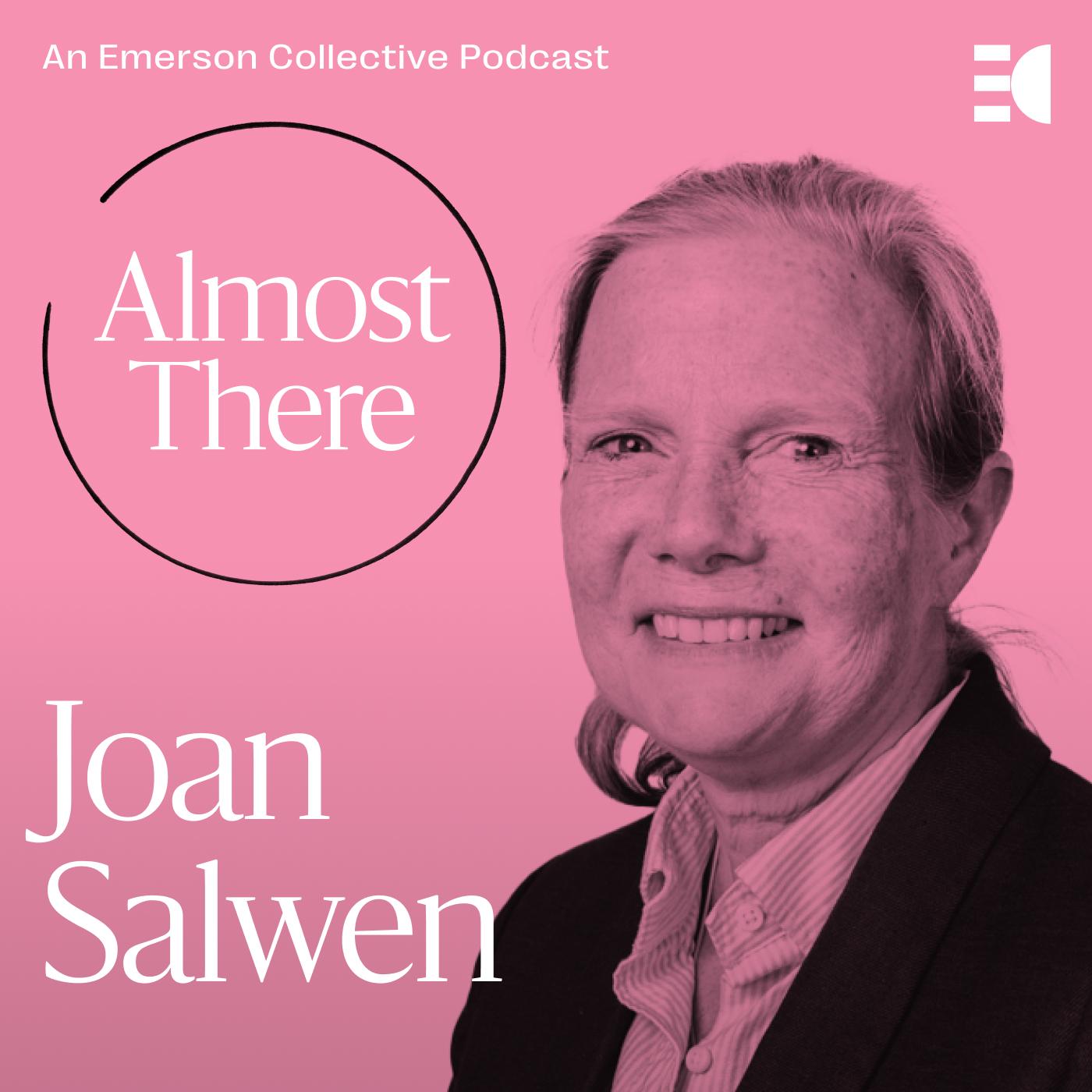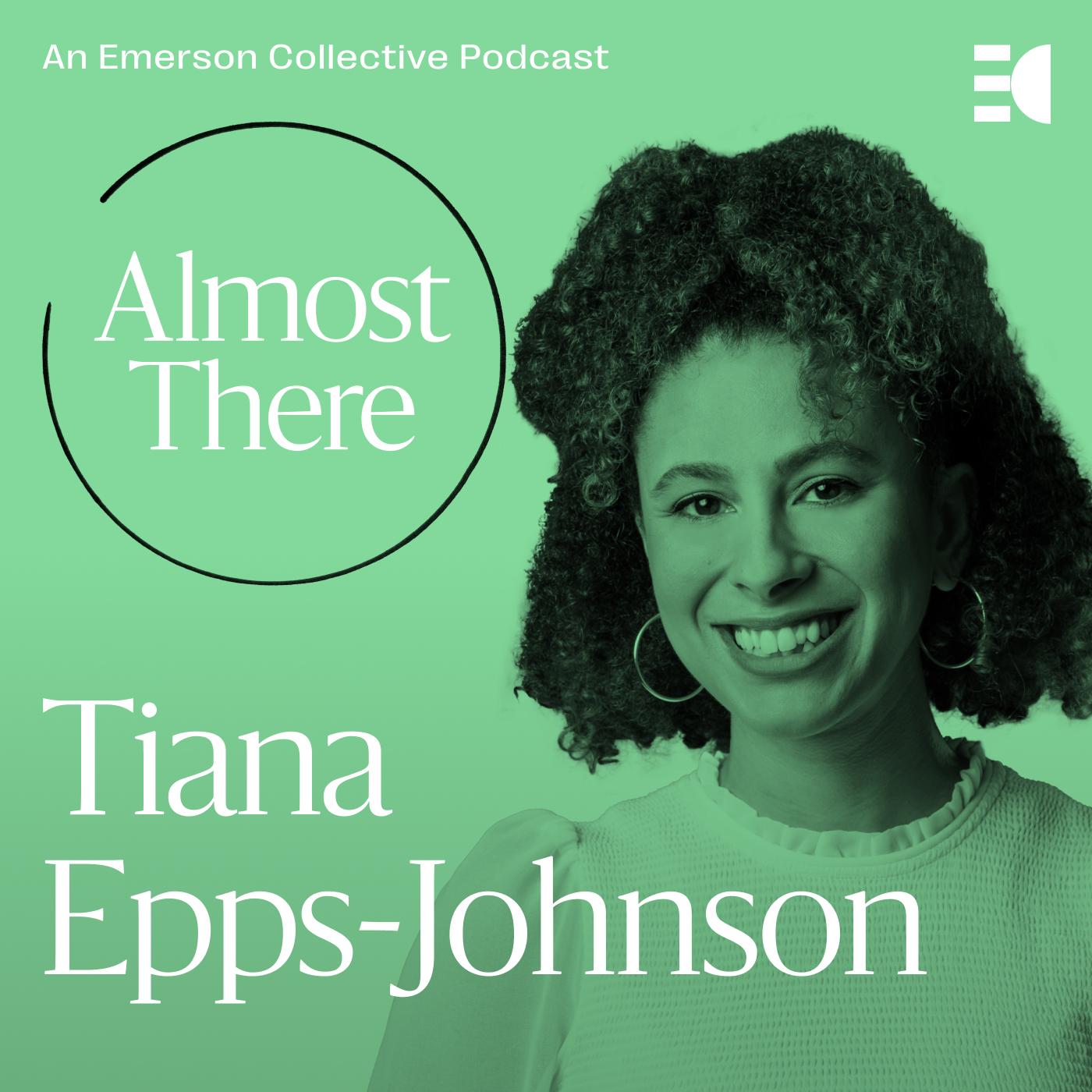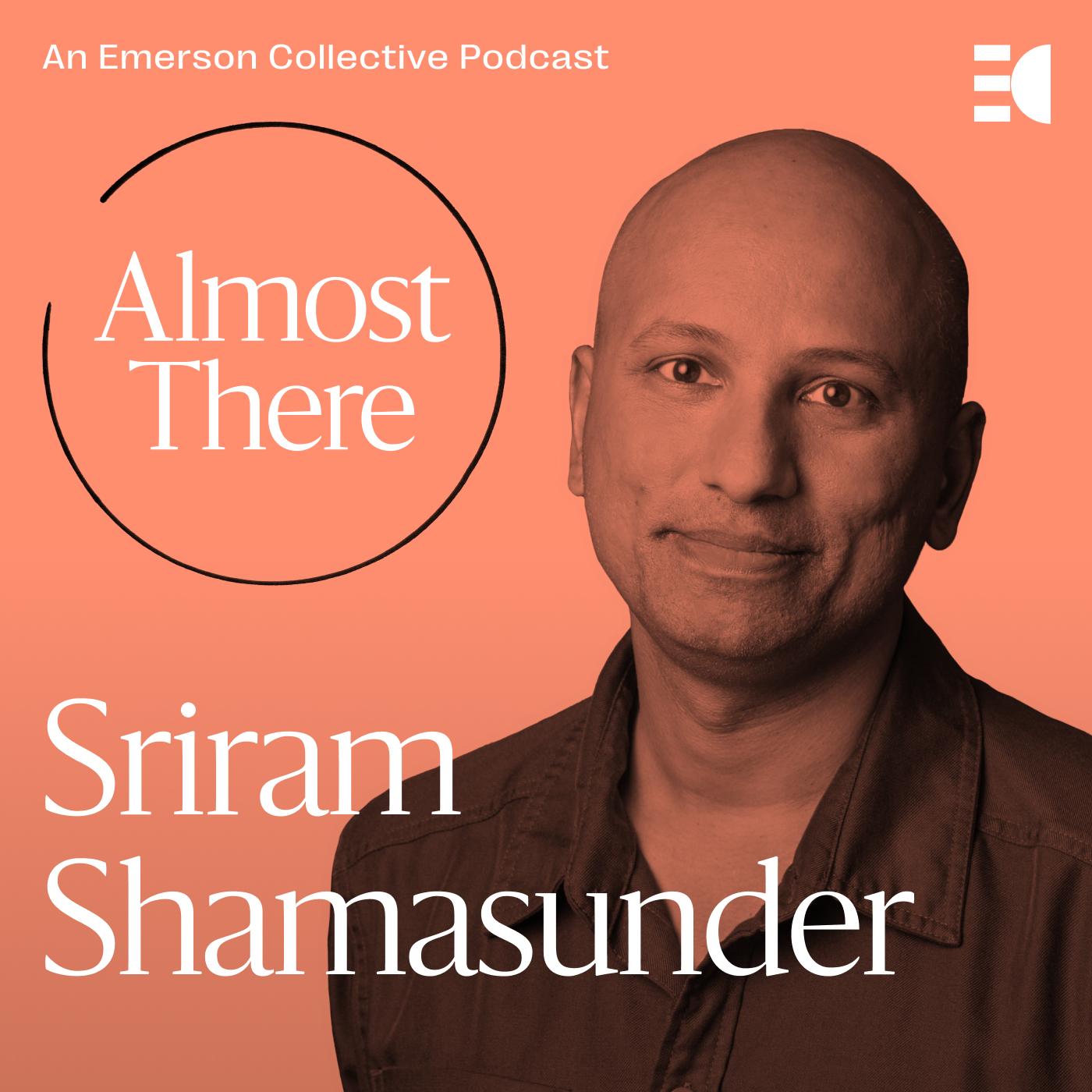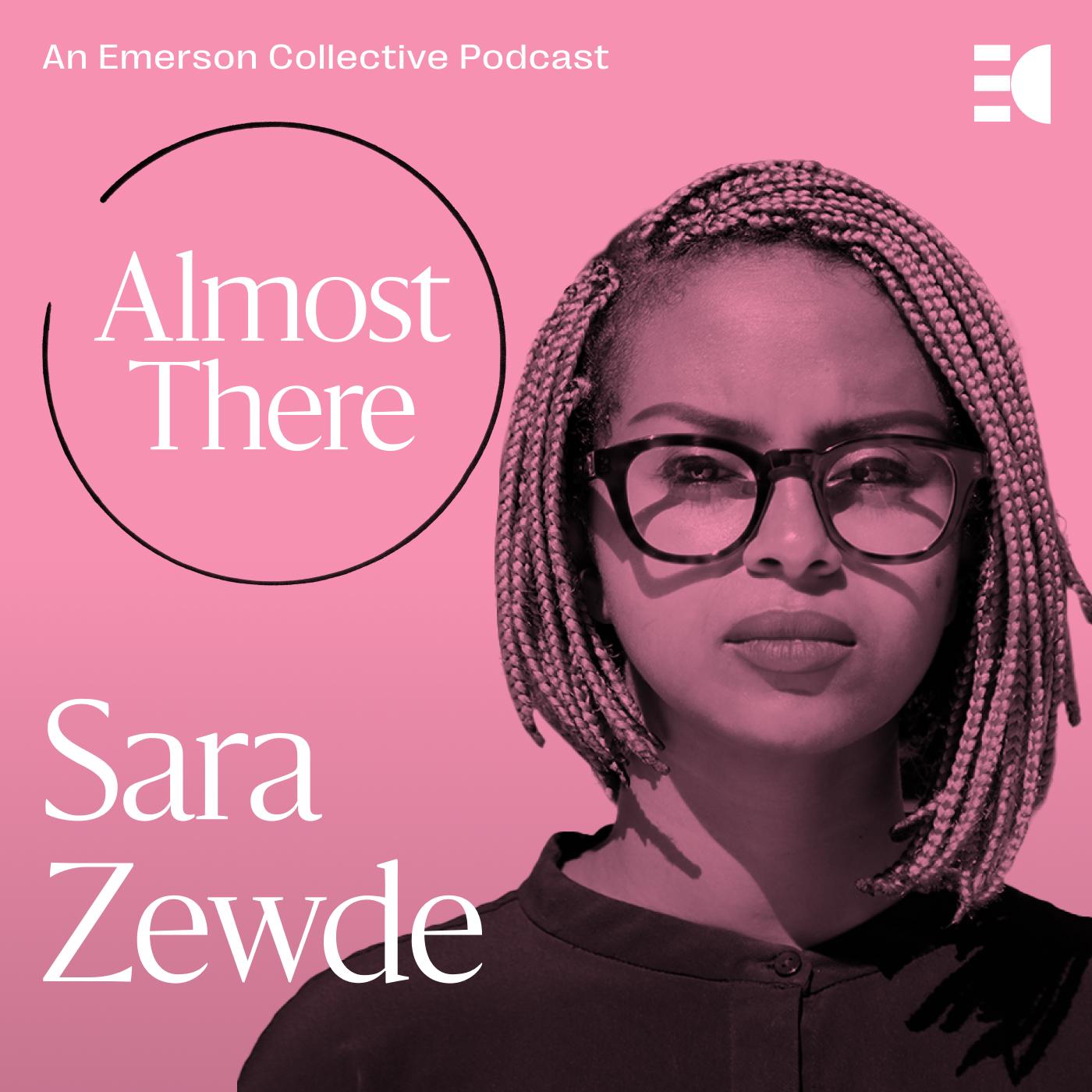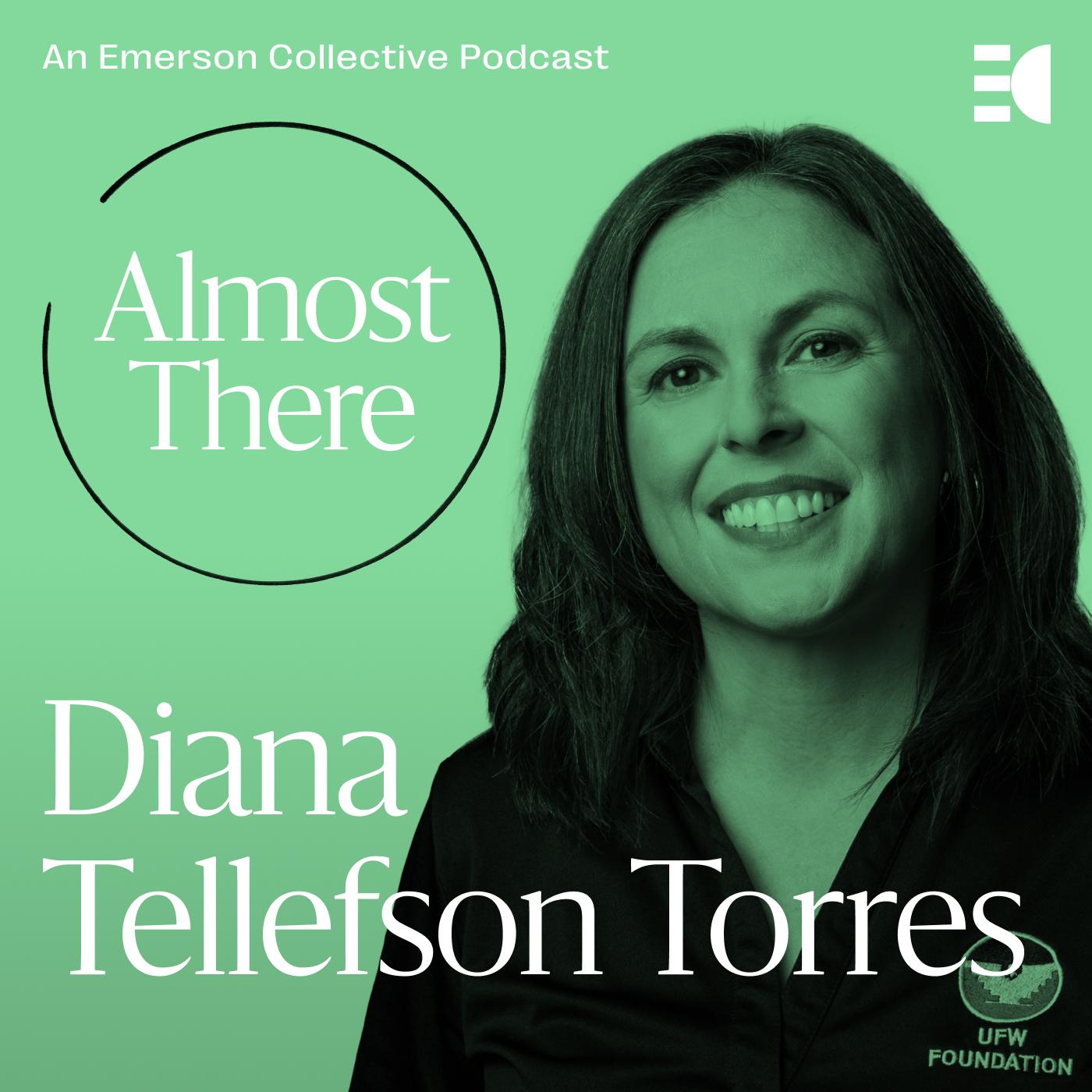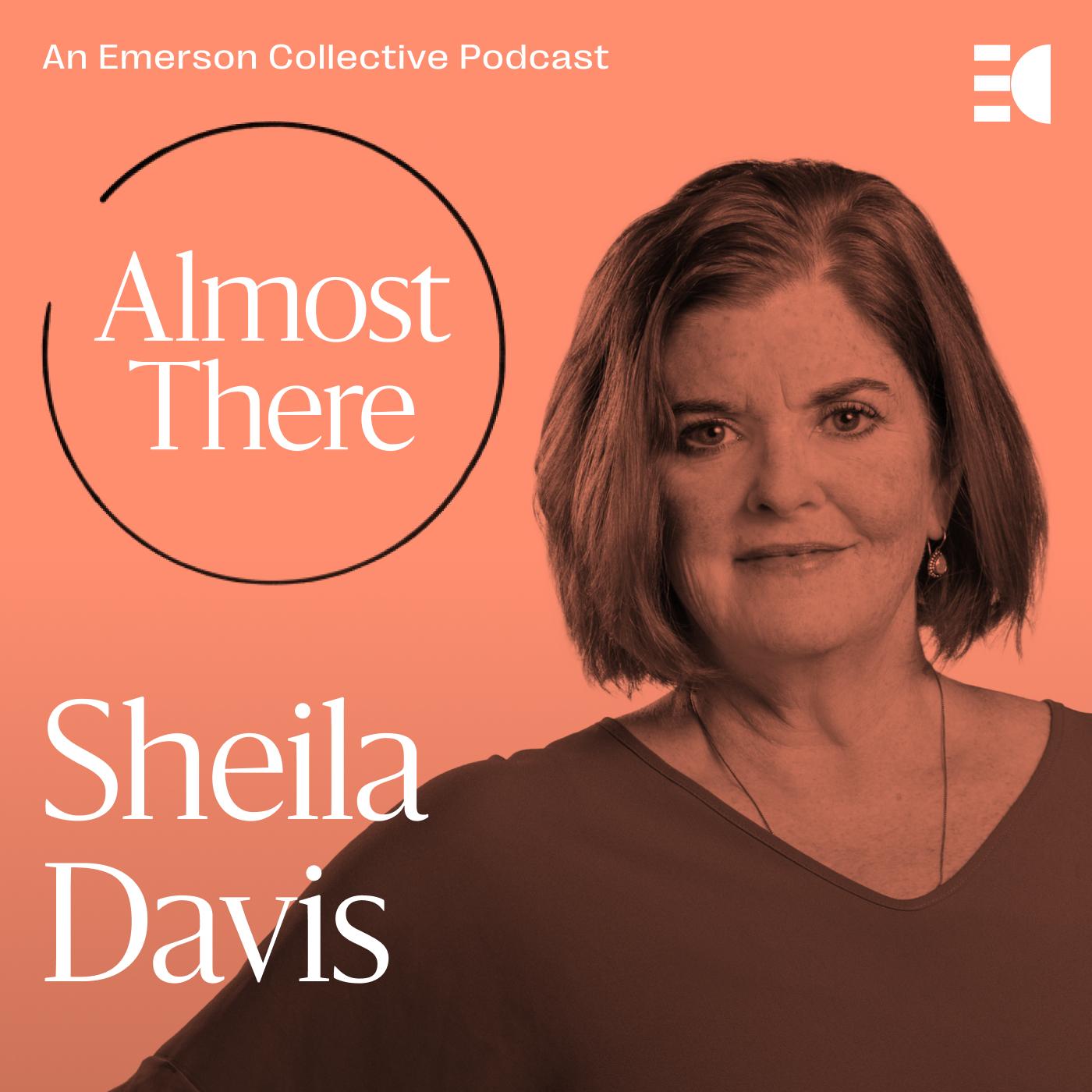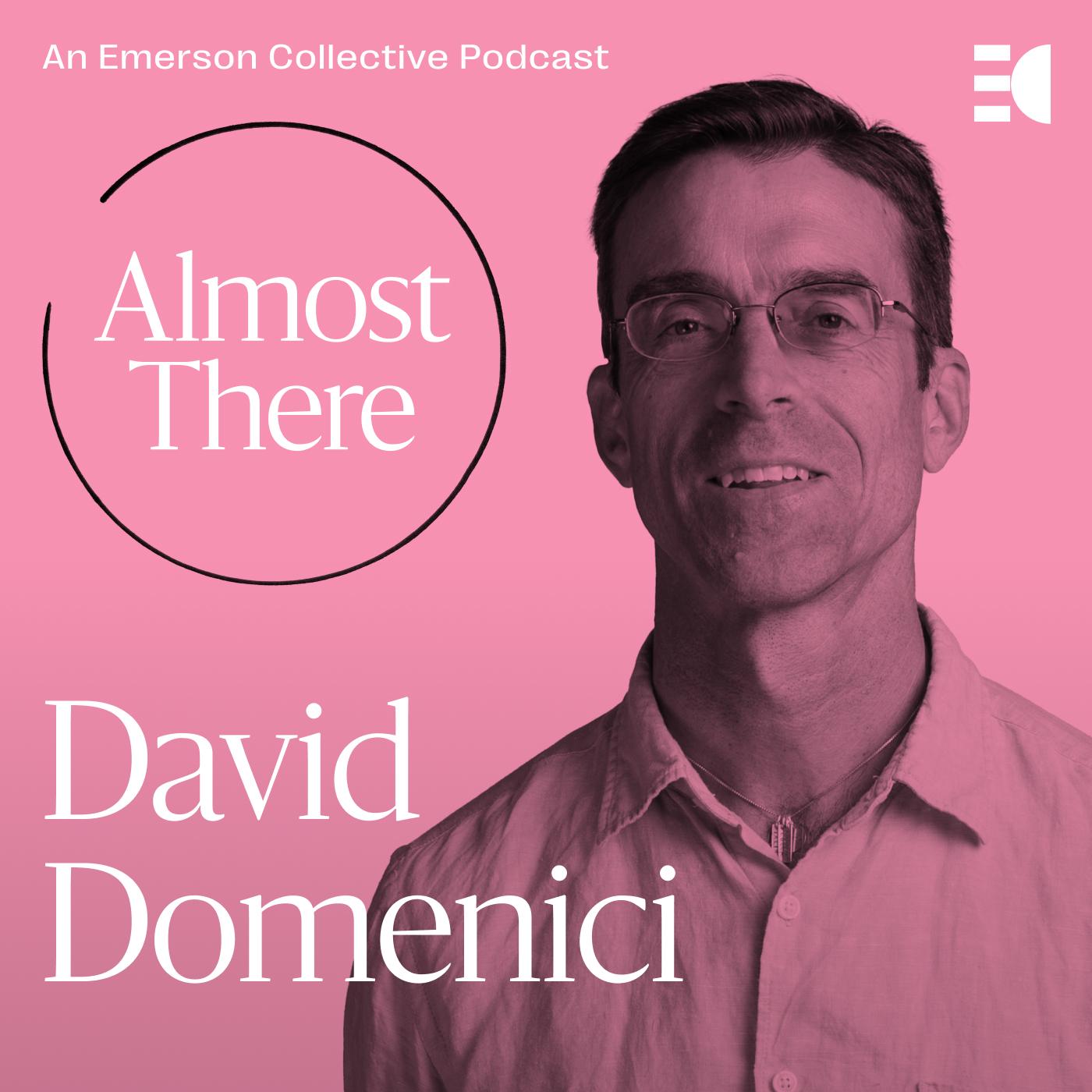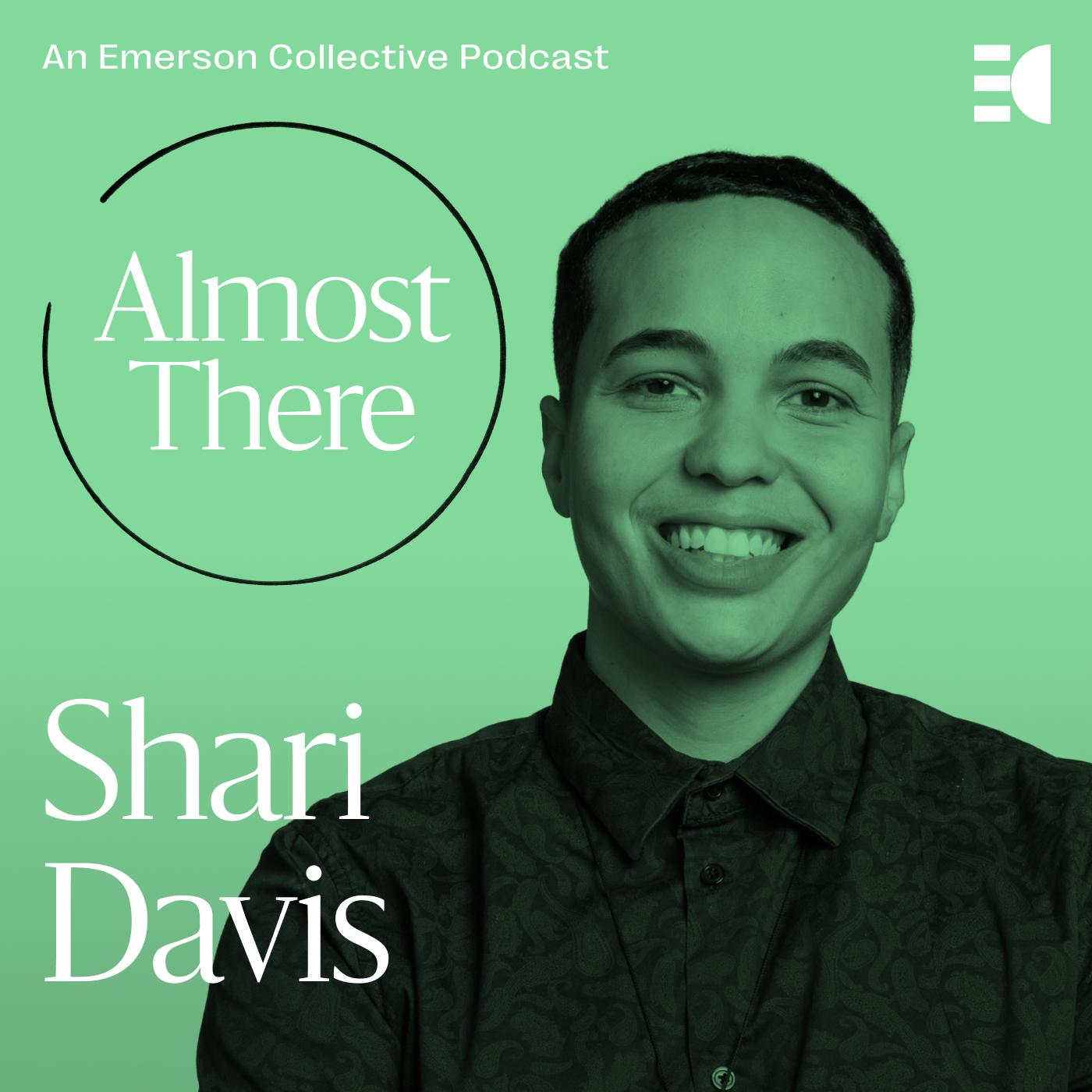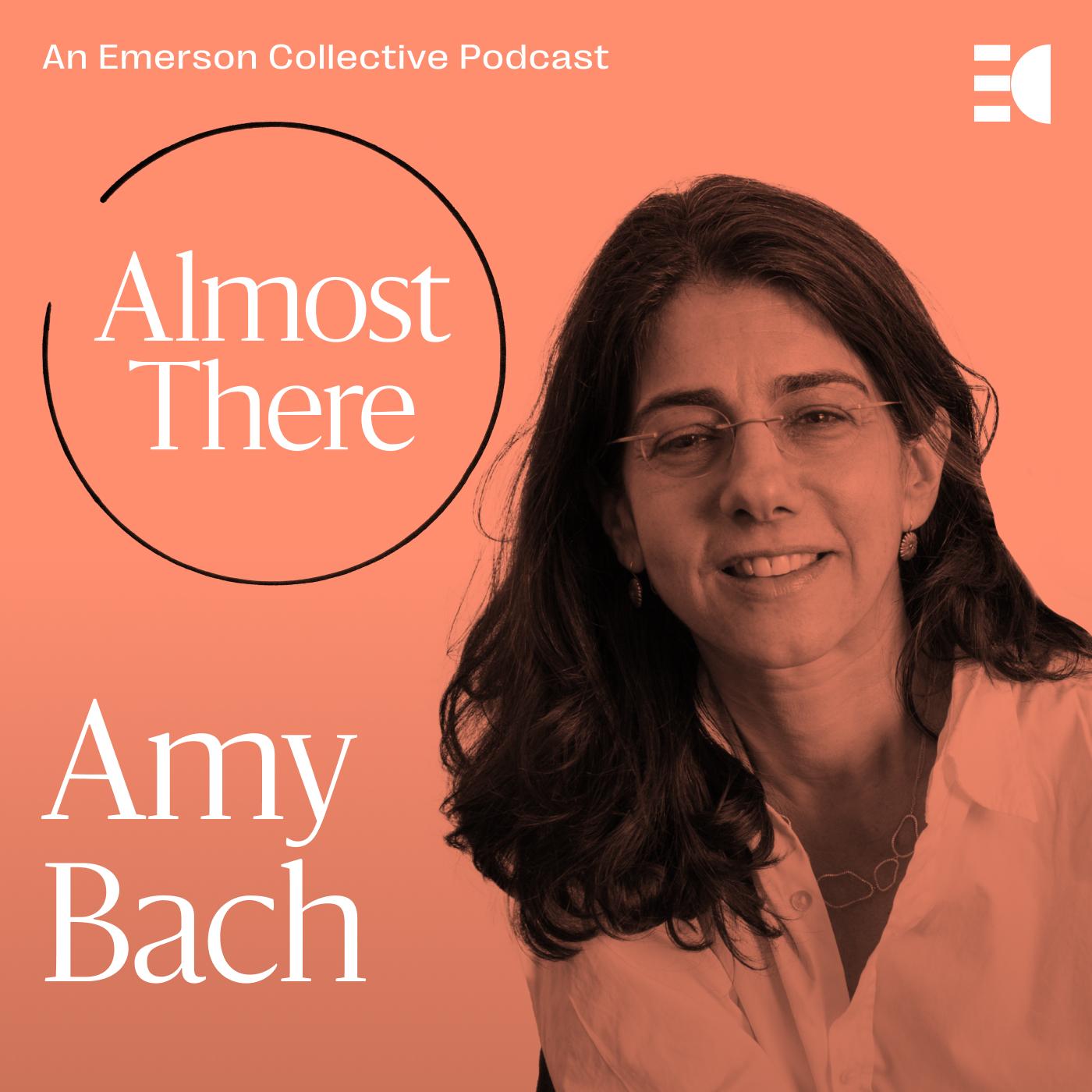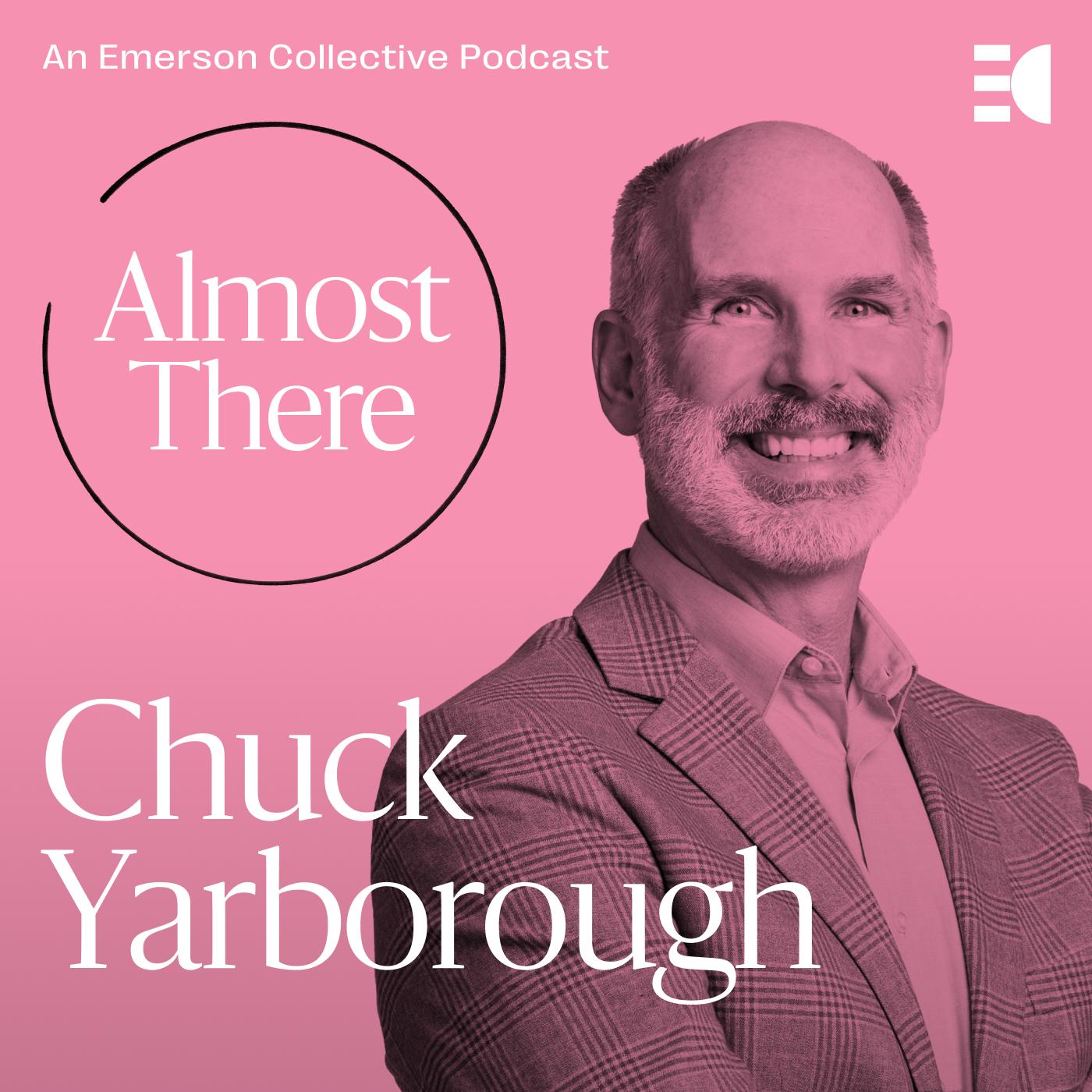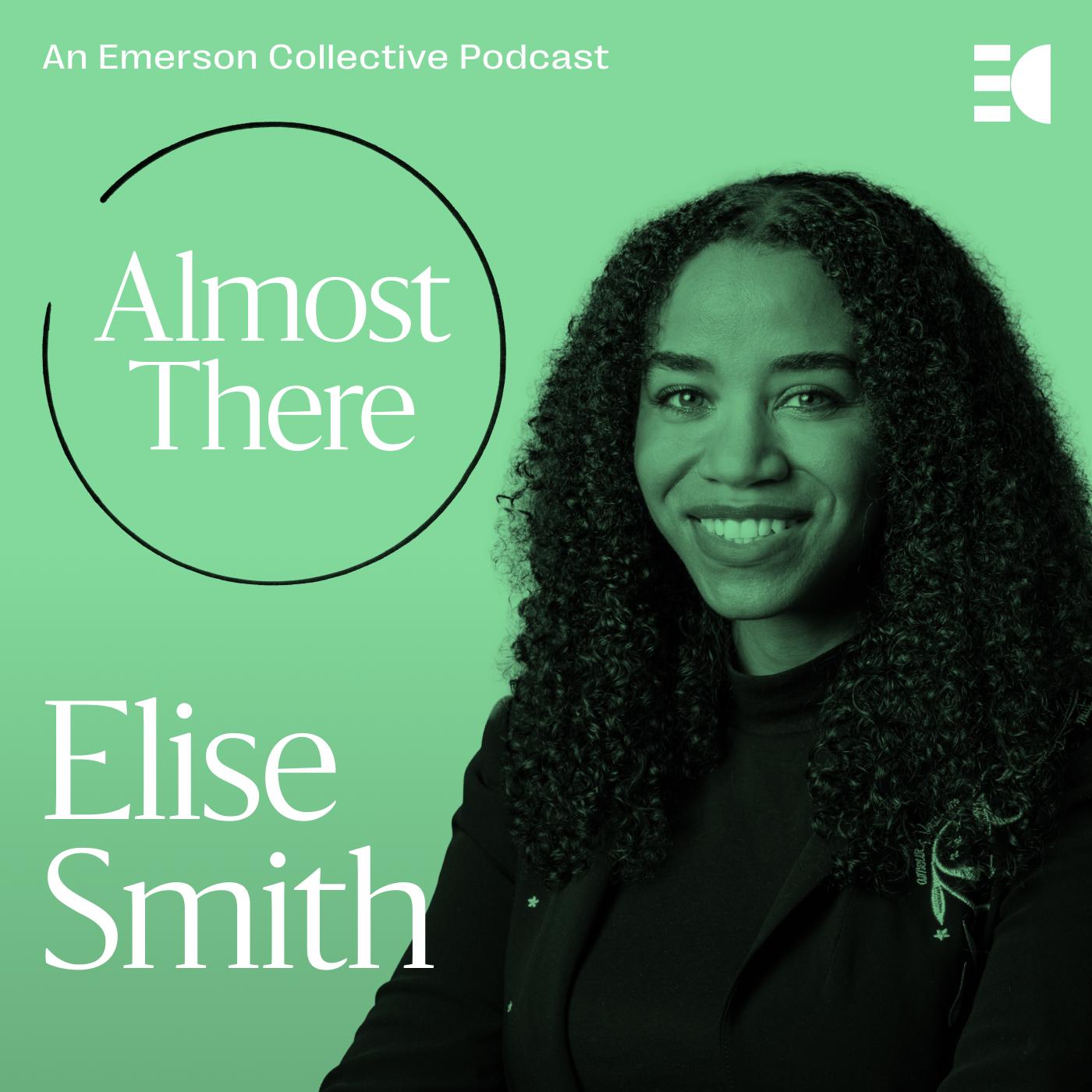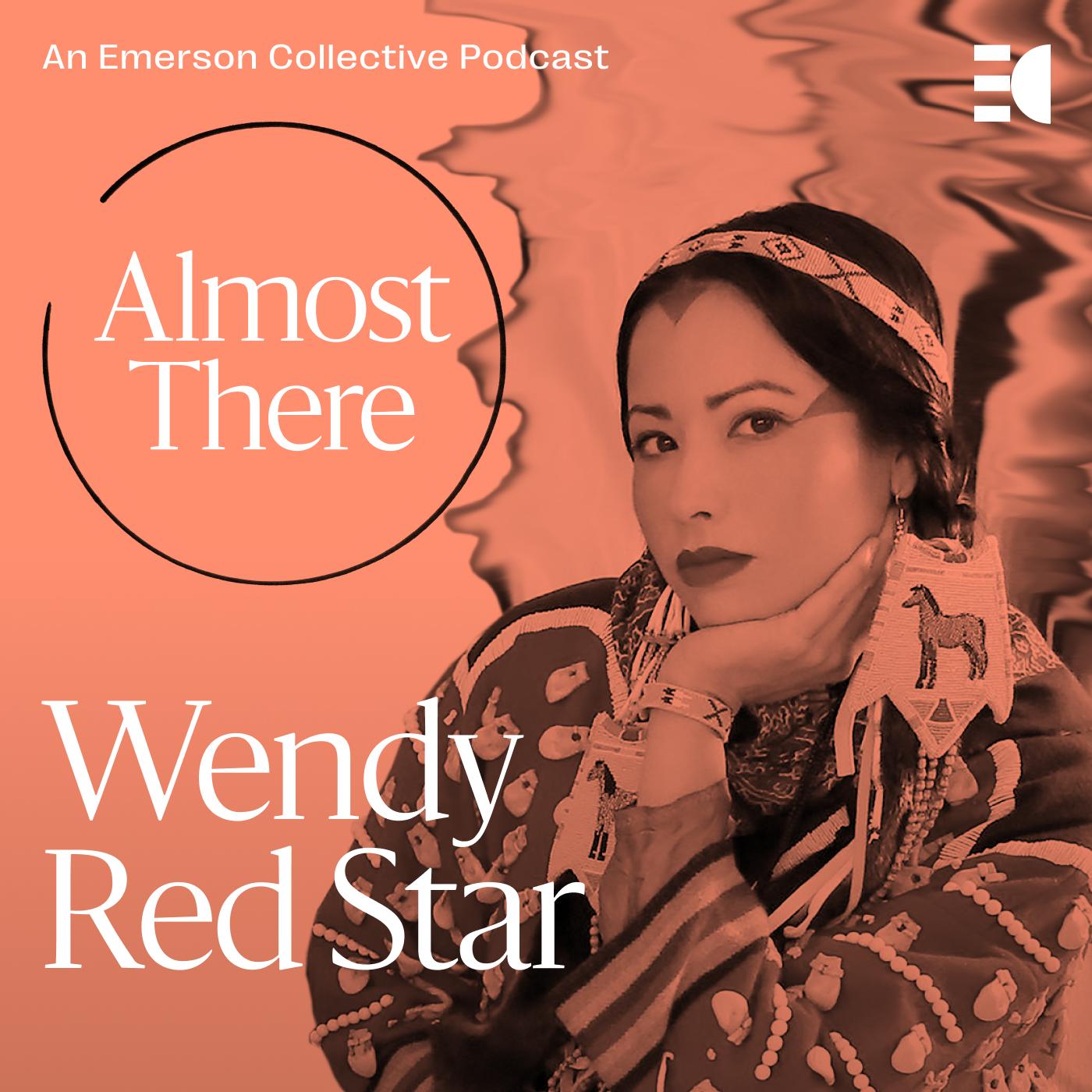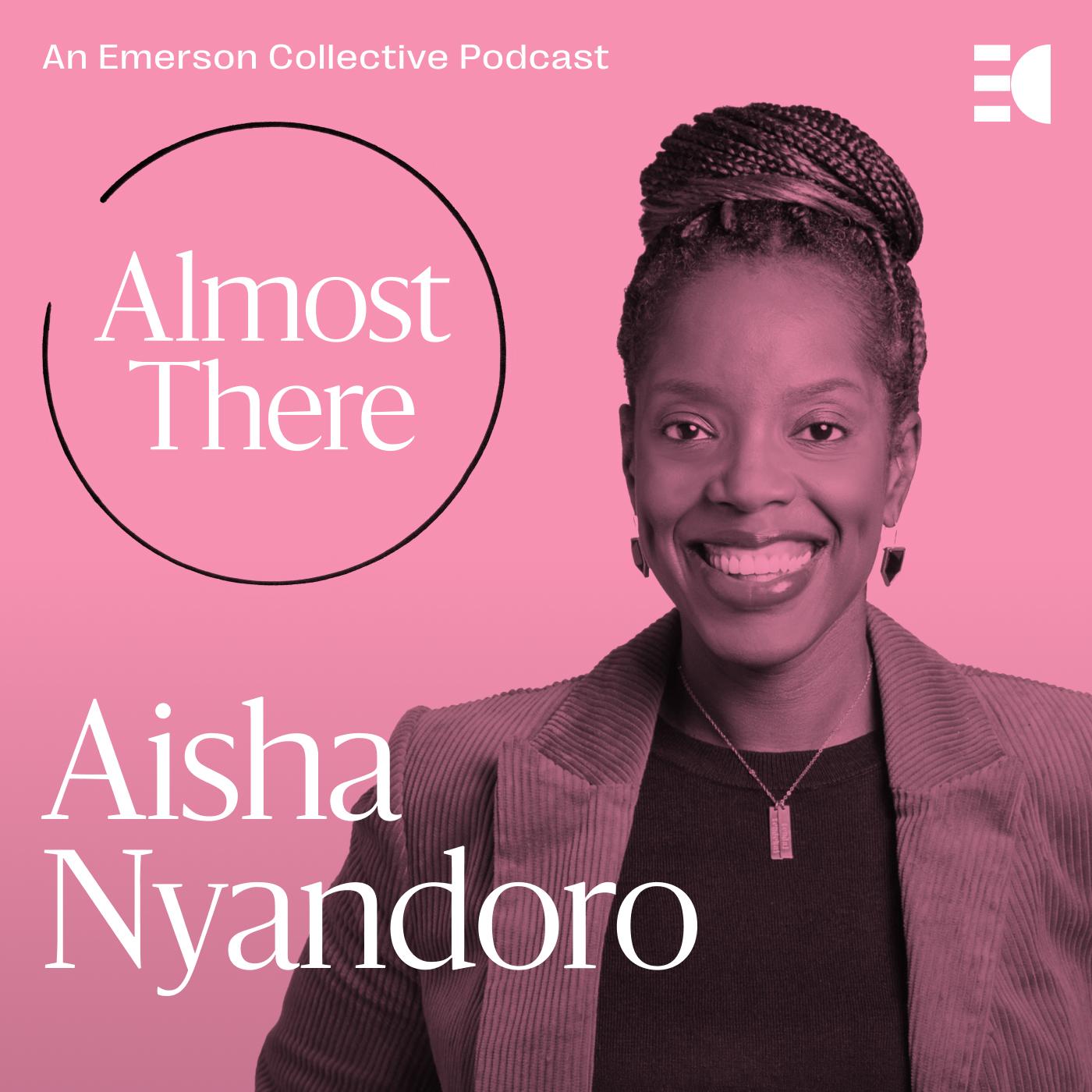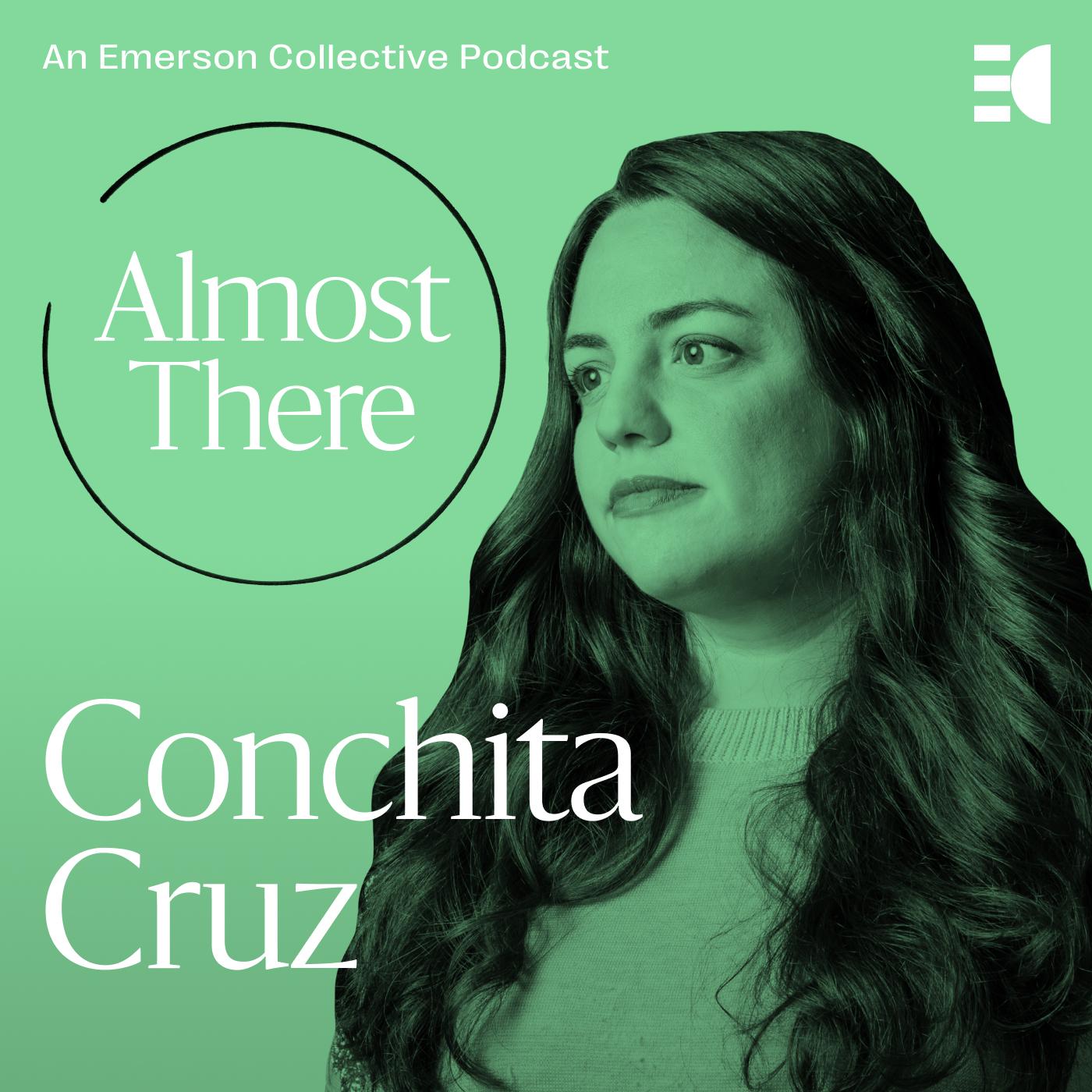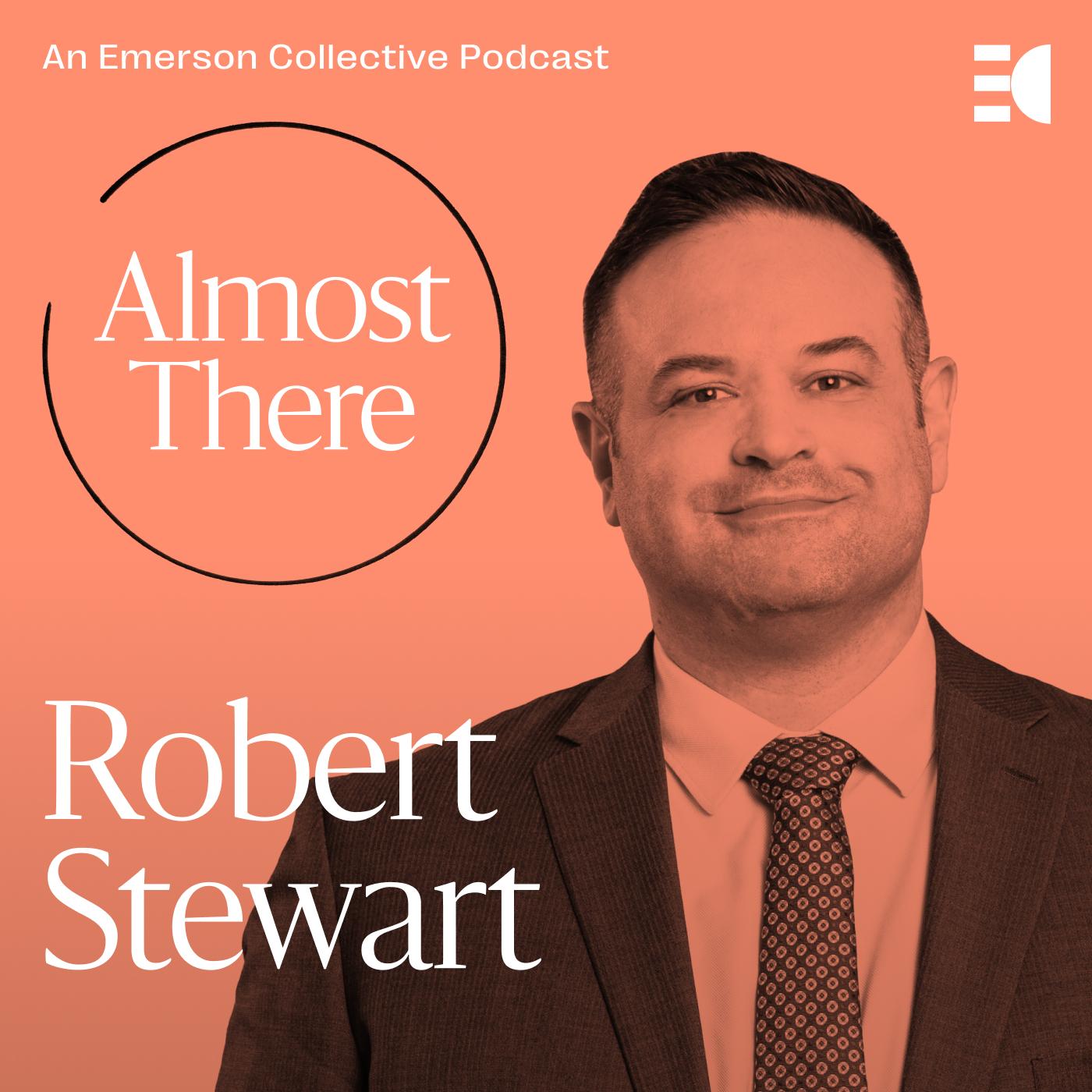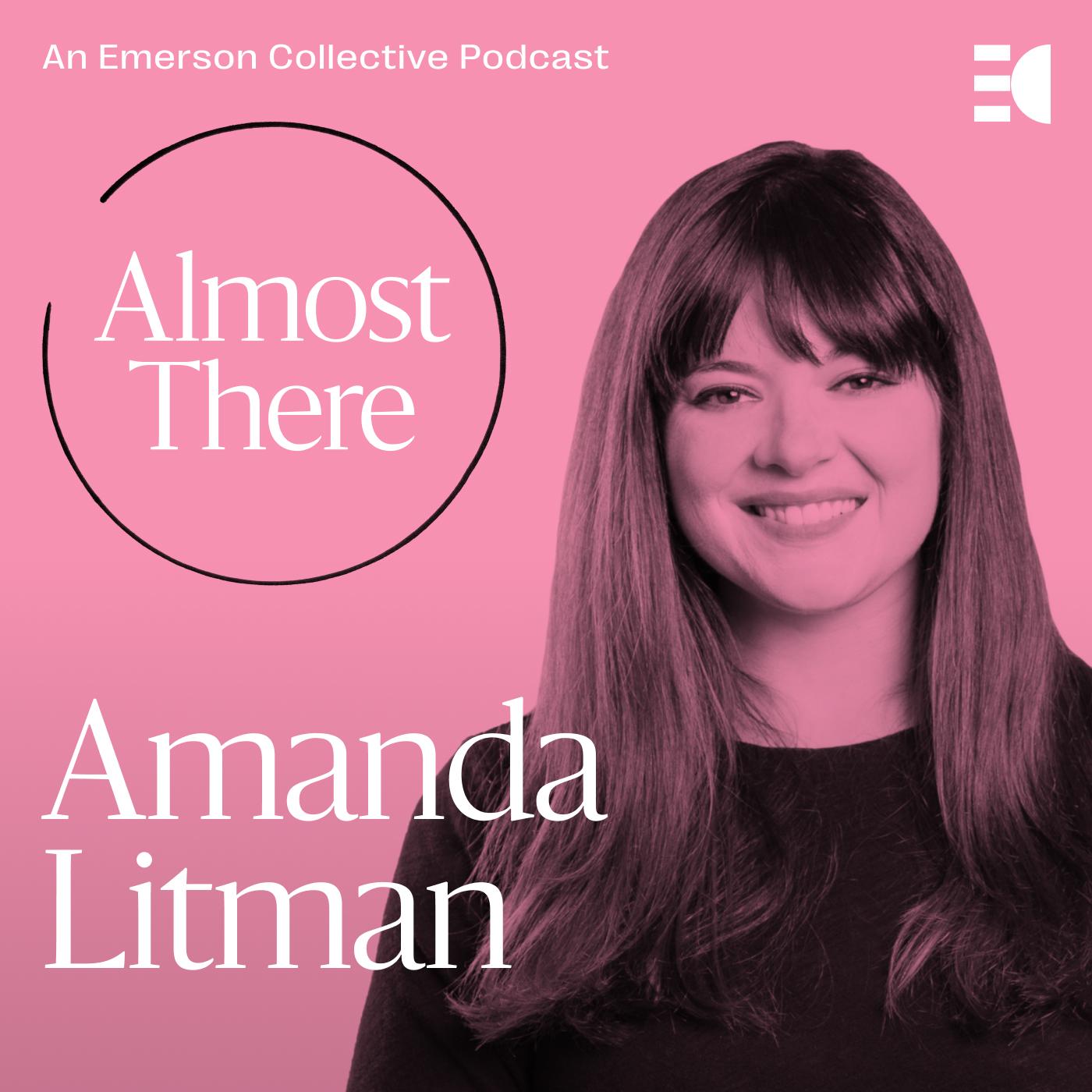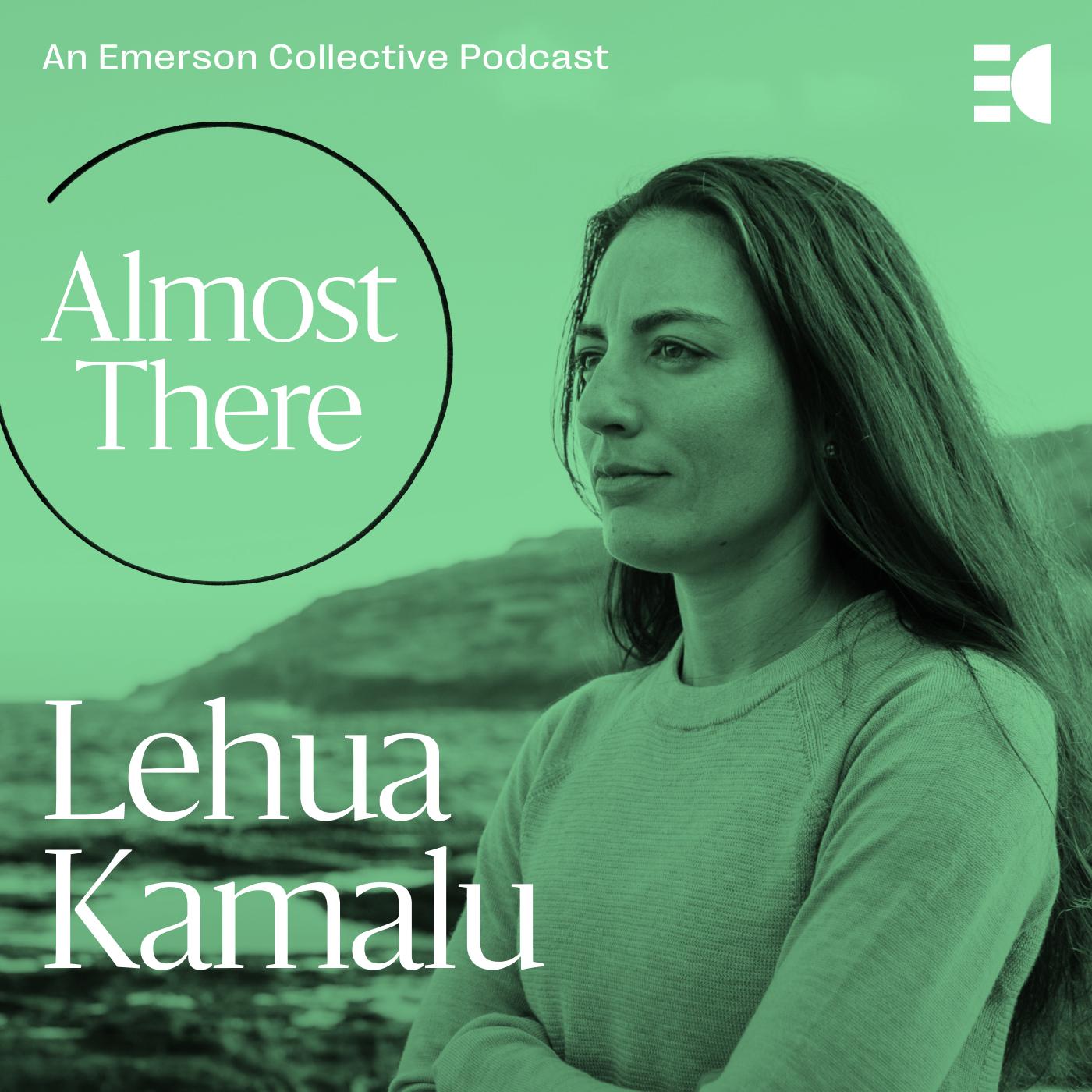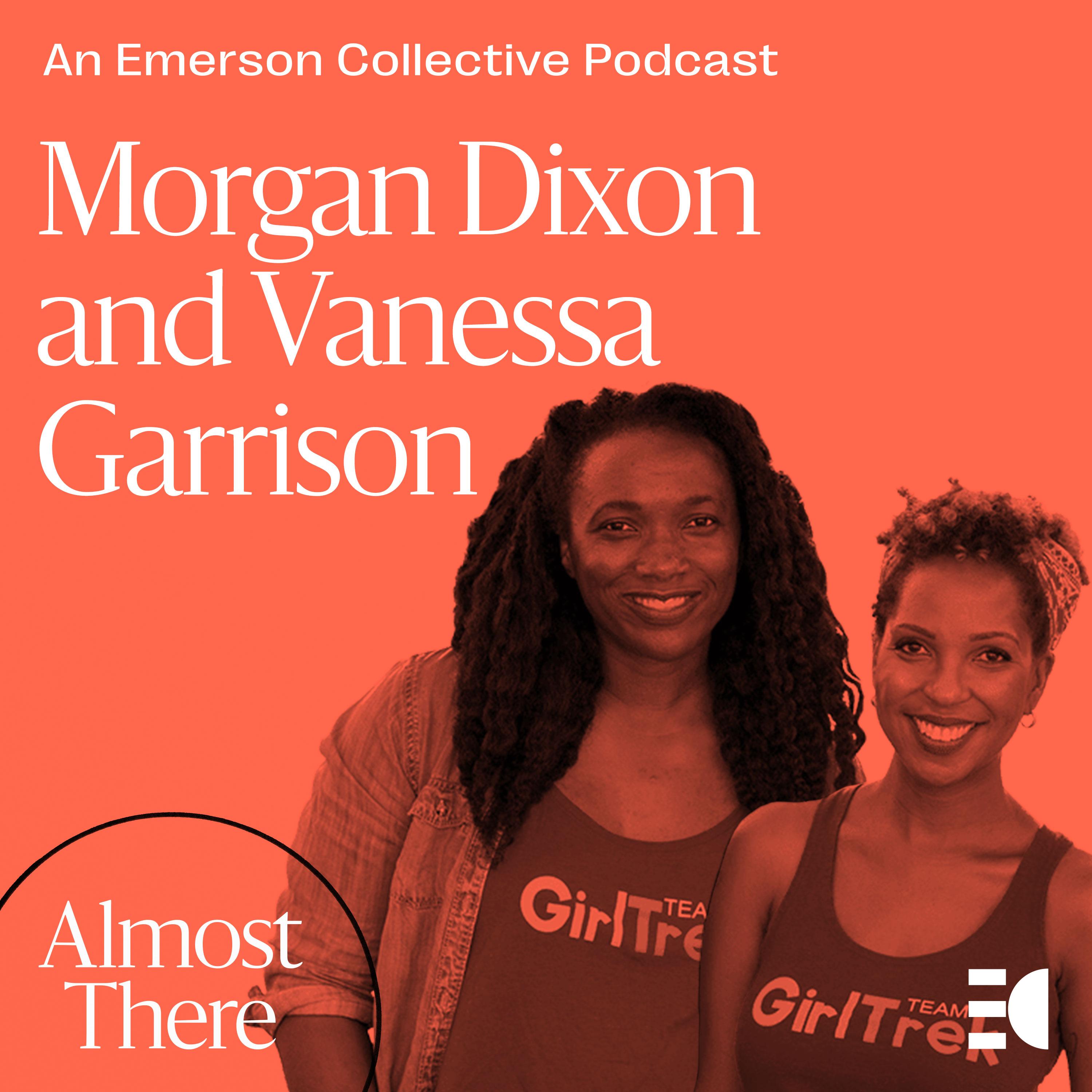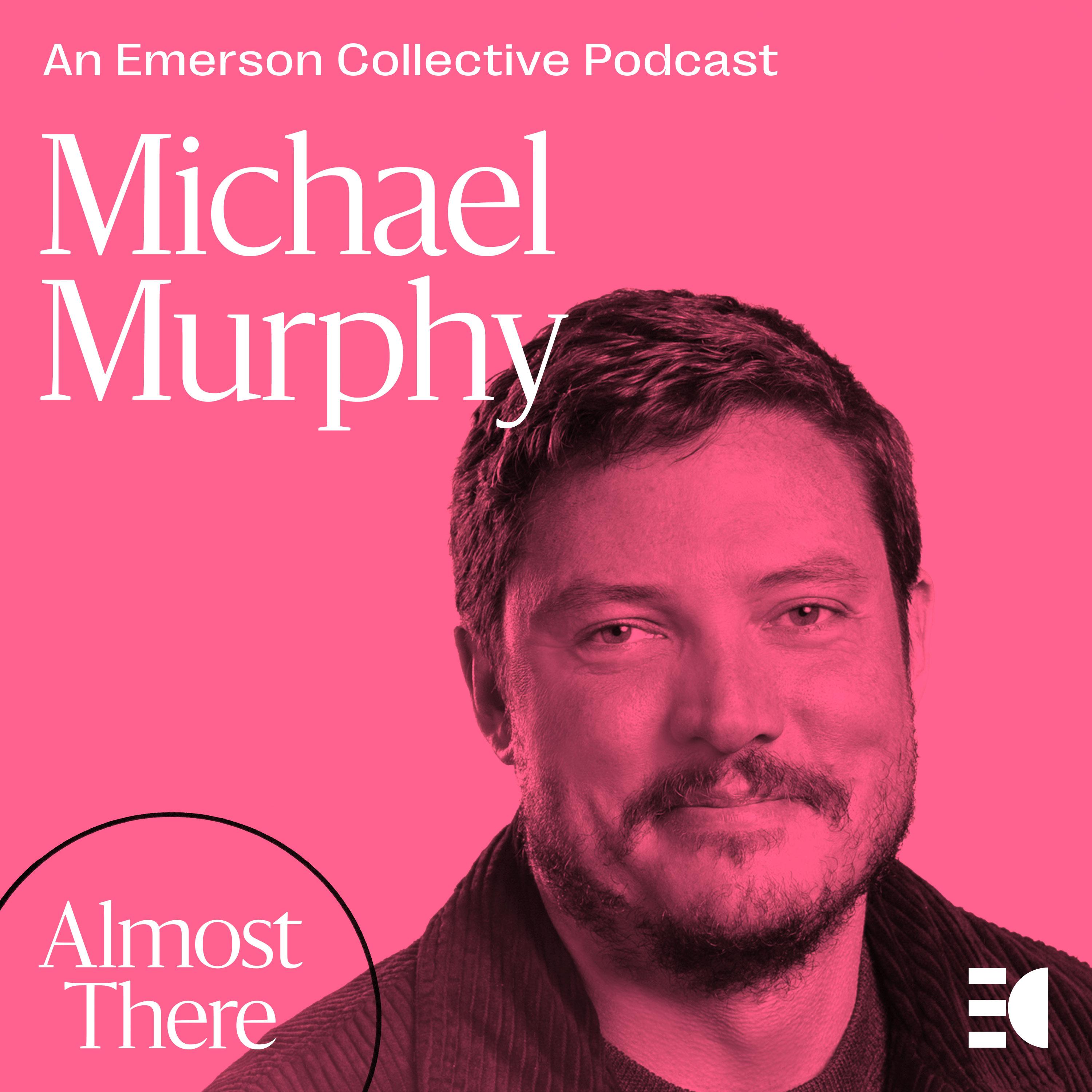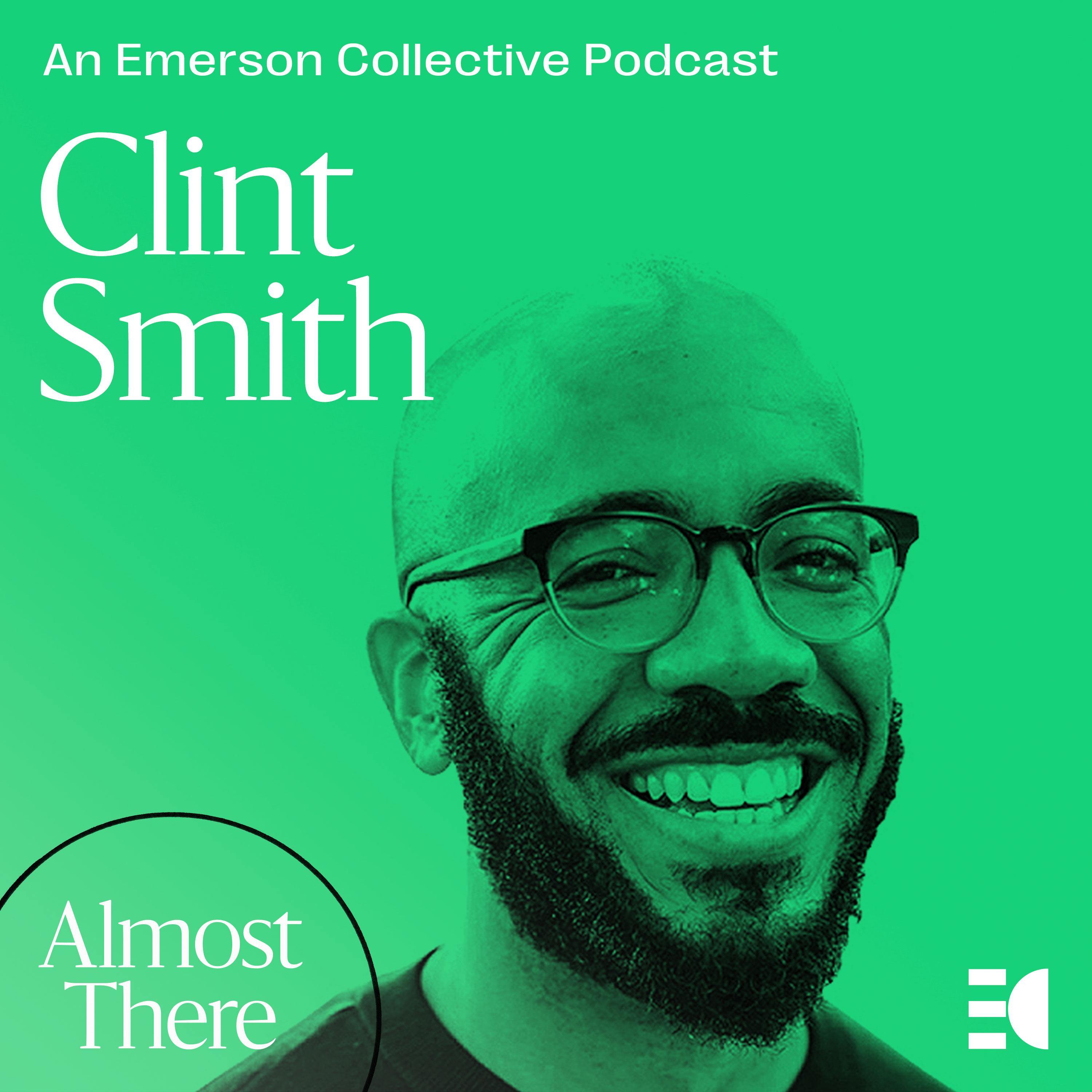
Almost There
Emerson CollectiveOn Almost There, a new podcast from Emerson Collective, poet and lawyer Dwayne Betts talks to creative problem solvers—architects, doctors, writers, voyagers, organizers, and artists—about their approach to making meaningful social change. In each episode, we’ll learn about the journeys that have led our guests to the big questions driving their work: How do we keep our families and communities healthy? How do we build a fairer immigration system and promote civic participation? How can we stay alert to the beauty around us and harness human ingenuity to protect our planet? The conversations on Almost There will explore these pressing questions and new possibilities. Produced by Magnificent Noise.
On Almost There, a new podcast from Emerson Collective, poet and lawyer Dwayne Betts talks to creative problem solvers—architects, doctors, writers, voyagers, organizers, and artists—about their approach to making meaningful social change. In each episode, we’ll learn about the journeys that have led our guests to the big questions driving their work: How do we keep our families and communities healthy? How do we build a fairer immigration system and promote civic participation? How can we stay alert to the beauty around us and harness human ingenuity to protect our planet? The conversations on Almost There will explore these pressing questions and new possibilities. Produced by Magnificent Noise.
